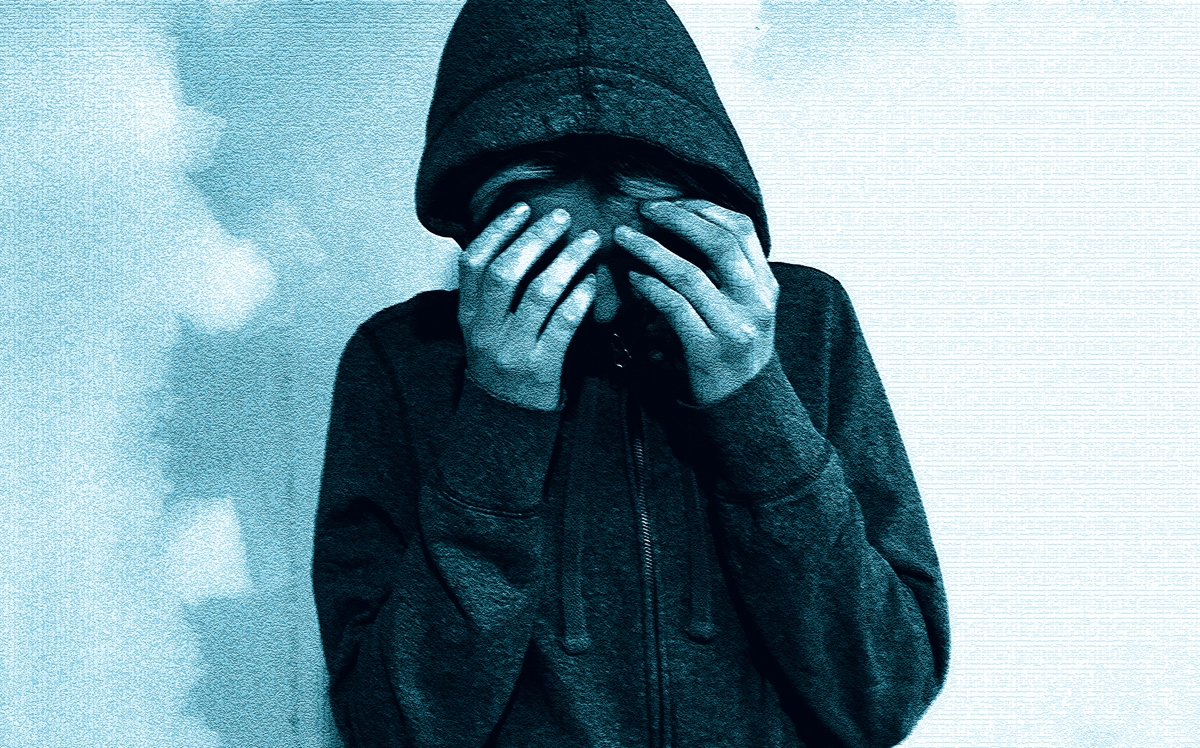
Mental health in Ottawa: Know the facts
Mental health is a crucial component of overall health. Mental disorders constitute various behaviors associated with impaired functioning and stress. People of all races, ages, and social backgrounds can suffer from mental illness. In Ottawa, many people suffer from mental health challenges, even though 72% of them perceive themselves to be in a good mental health state. 70% of these mental problems start at childhood or adolescence.
Between the years 2010-2015, there was a 75% surge in mental health emergencies in Ottawa in the Children’s Hospital of Eastern Ontario (CHEO). The Pinecrest Queensway Hospital recorded a 46% rise in emergency mental health consultations. These scenarios indicate that there are few policies available to prevent the condition before it reaches difficult-to-manage levels.
Post-secondary students grapple with mental health issues
In 2016, more than 26% of students were diagnosed with psychiatric conditions, most of which were anxiety and depression cases. Over 66% of these were severe cases of stress. 13% of the students said that they were contemplating suicide.
Quality of mental health care
During a 2015 poll, more than 95% of citizens expressed their dissatisfaction with the quality of mental health care offered, stating that more needs to be done. While around 15% of Canadians received mental health care between the years 2009-2010, only 6% of the revenue in health care goes toward addressing the mental health crisis in Ottawa.
Suicide rates
A high rate of suicides is usually a sign of an underlying mental health problem. In Ottawa, between the years 2012-2016, there was an average of 80 suicide-caused deaths in a year. Most of the people who committed suicide were males, which is the case globally. However, women attempt suicide three to four times more often. Moreover, the deaths were mostly recorded for people in the 50-64 and 40-49 age brackets. Suicide is one of the top causes of death in Canada, with higher deaths reported for indigenous youths and younger adults as opposed to non-indigenous youths.
Self-injury
Self-injury hospitalizations rose by 38% over the three years from 2010. The pattern of self-injury was mostly observed among 20% of Ottawa’s lowest-earning groups. The number of self-injuries halved for people who were in the top-two income bracket.
Additional facts on mental illness in Ottawa
According to a report by Smetanin et al. (2011), 1 in every 5 Canadians suffers a form of mental illness at least once in their lifetime. Men suffer mostly from addiction, while women experience moodiness and anxiety disorders. Sadly, only half of those who suffer from mental disorders care to see a doctor. There is also a lot of stigma surrounding mental health, with only half of those affected feeling free to share with a friend or colleague, compared to cancer and diabetes patients, 72% of whom do not mind sharing news of their illness.
Numbers do not lie, and if they are anything to go by, then the people in Ottawa are in dire need of mental health help. Those who think they may be suffering from mental health issues should look up online resources such as E-counseling.com. The information therein may help them understand what they might be going through before turning to other solutions.









